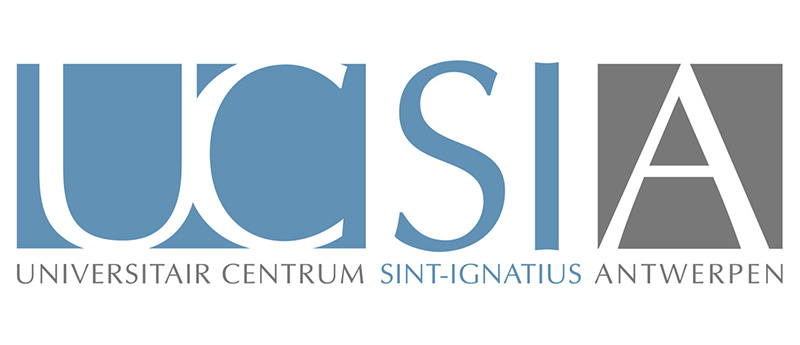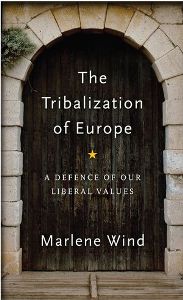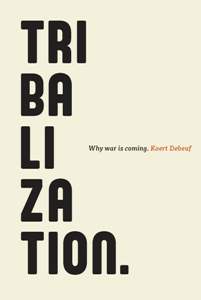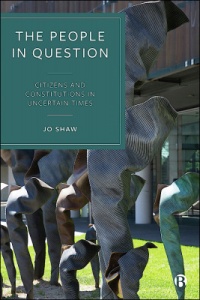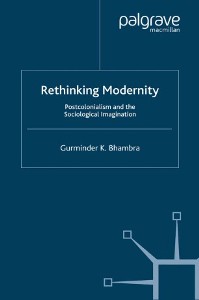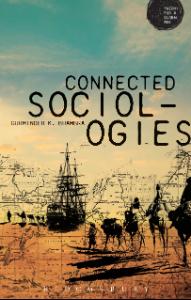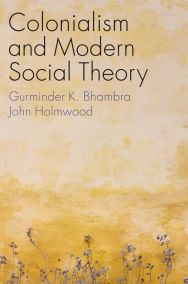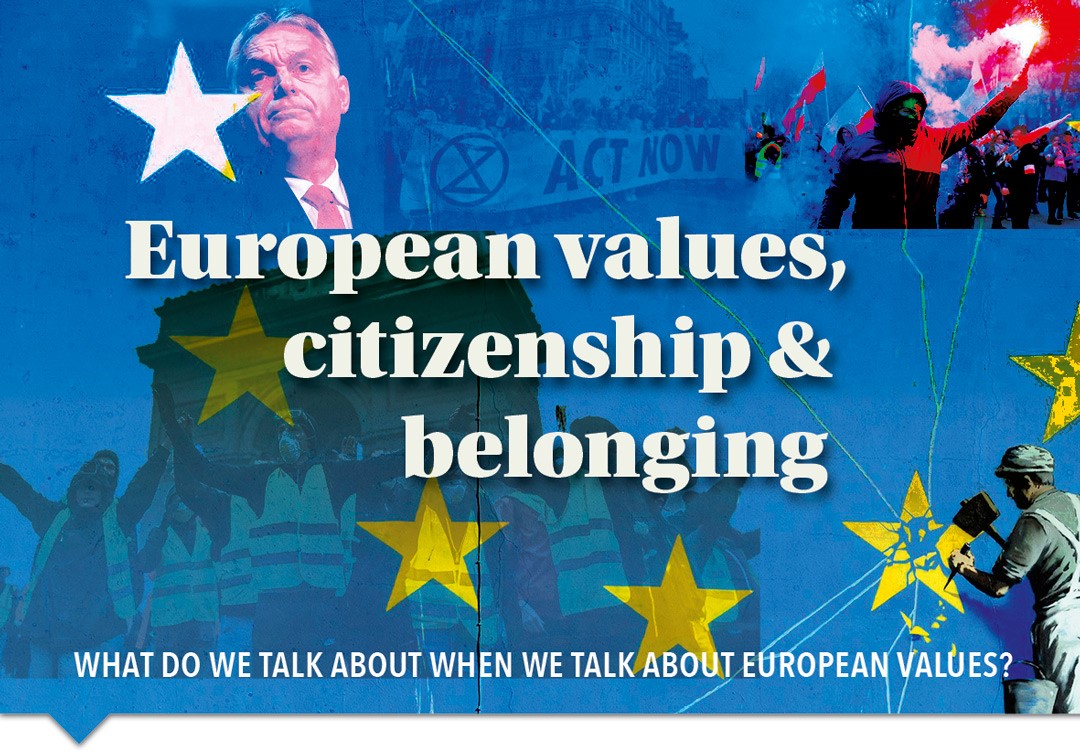
European Values and the Wider World
What are the ‘European values’ that we hear about so often? What are the links between European values and identity, belonging and citizenship?
Current debates about these values display the frailty of their very notion. Both advocates and adversaries of the European Union invoke these values and step forward as their true representatives, just as much as left-wing, right-wing and populist politicians. The lecture series invites experts and scholars to discuss and reflect on the questions raised by the controversial issue of European values.
Following two series in 2020 (to be revisited here), this third series ‘European Values and the Wider World’ presents three sessions focusing on the meaning of citizenship and belonging in Europe’s relationships across the globe and within global trends.
Tribalization of Europe in the World
Marlene Wind & Koert Debeuf
Wednesday 28 April 2021
Citizenship Regimes in Europe and Beyond
Jo Shaw & Eva Brems
Wednesday 5 May 2021
Colonialism Shaping European citizenship
Gurminder K. Bhambra & Tomaso Ferrando
Wednesday 12 May 2021
Session 1:
Tribalization of Europe in the World
webinar on 28 April 2021
Keynote by Marlene Wind (Centre for European Politics, University of Copenhagen)
Response by Koert Debeuf (EUobserver and the universities of Oxford and Brussels)
Tribalization is a global megatrend in today’s world. The election of Donald Trump, the Brexit vote, populist movements like Catalan separatism – together with democratic backsliding in Central and Eastern Europe – are all examples of tribalization. Fuelled by anti-globalism and identity politics, tribalization is drawing up the drawbridge to the world. It is putting cultural differences before dialogue, collaboration and universal liberal values.But tribalism is a dangerous road to go down. With it, argues Marlene Wind, we have put democracy itself in danger. Tribalism is not just about being pro-nation, anti-EU and anti-global. It is in many instances a bigger and more fundamental movement that casts aside the liberal democratic principles we once held in common.
At a time when former defenders of liberal values are increasingly silent or have even joined the growing chorus of tribalists, Wind highlights the dangers of identity politics and calls on people to stand up for democracy and the rule of law.
Read more…
Session 2:
Citizenship Regimes in Europe and Beyond
webinar on 5 May 2021
Keynote by Jo Shaw, School of Law, University of Edinburgh
Response by Eva Brems, Human Rights Centre, Ghent University
Jo Shaw explores the value of citizenship in a post-pandemic Europe. How can a constitutional perspective on citizenship provide some of the normative foundations for ‘building back better’ and developing solidarity in the post-pandemic world? Her talk focusses on showing how the pandemic has shifted the meanings of certain social behaviours (such as wearing face coverings), questioning how this insight into the paradoxical nature of ideas of citizenship can be applied to thinking about a post-pandemic citizenship.
Read more…
Session 3:
Colonialism Shaping European Citizenship
webinar on 12 May 2021
Keynote lecture by Gurminder K. Bhambra, Professor of Postcolonial and Decolonial Studies in the School of Global Studies, University of Sussex and Fellow of the British Academy (FBA), elected in 2020.
Response by Tomaso Ferrando, Research Professor, Faculty of Law (Law and Development Research Group) and Institute of Development Policy, University of Antwerp.
European social theory tends to define ‘modernity’ both as the realization of freedom and, in Habermas’s terms, as ‘an unfinished project’. The colonial constitution of modernity is displaced from such considerations and those who were dispossessed and made subordinate in the process are seen to have no place from which to participate in the development of freedom in their own right. Rather than seeing modernity as the unfinished project, in this talk I follow Nelson Maldonado-Torres who has rather highlighted the unfinished project of decolonization. Europe, I suggest, is in urgent need of decolonization and this can only happen by taking its colonial histories seriously and explicitly working through their contemporary manifestations. The injustices which disfigure the world we share in common can only be addressed through acknowledging the histories that have produced them as well as the historiographies that have obscured them. We need to give up a commitment to European values as defining European history in favour of redressing the identified wrongs of the past through a commitment to epistemological justice and to material reparations.
Read more…
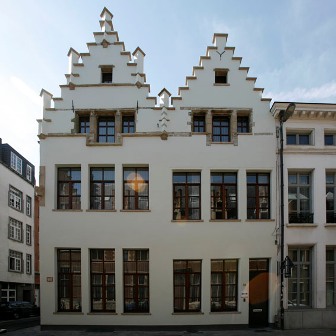
UCSIA
Koningstraat 2
B-2000 Antwerpen
info@ucsia.be
Tel. +32 (0)3 265 49 60
Voorlopige locatie tijdens de renovatiewerken:
Blindestraat 14, 2000 Antwerpen

